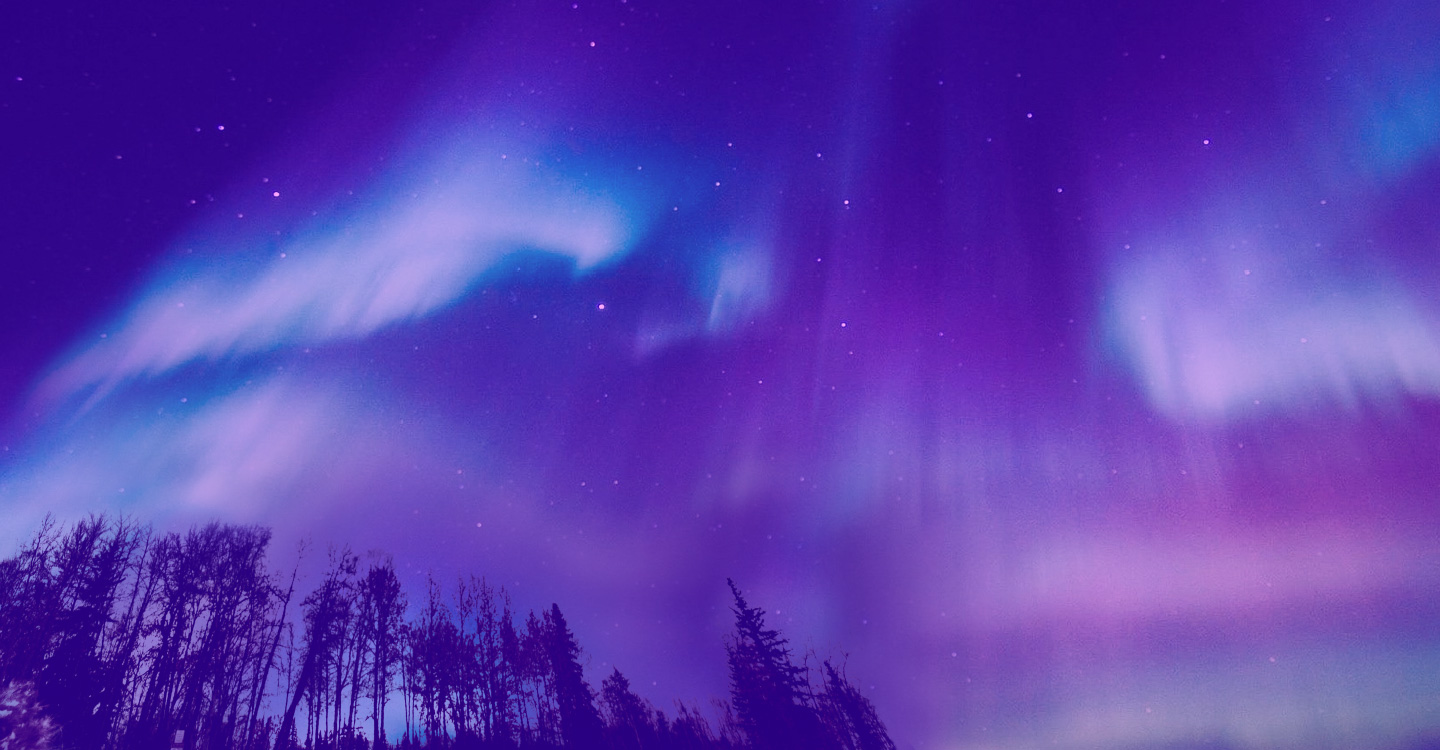Good morning,
Imagine being invited to dinner, and as the guests sit down to eat, one of them berates the hosts over the menu. Fat chance the rude guest will ever get a second invite.
It’s not a perfect analogy, but there are some parallels to a story related to my colleague Matteo Cimellaro, on a recent trip to Churchill, Man. Matteo was reporting on plans to create a National Marine Conservation area in the Churchill region, further cementing the city’s reputation as an eco-tourism destination, when he was told about an uncomfortable encounter between local Indigenous hunters and a group of tourists.
The Indigenous hunters had just killed a whale and were pulling it onto the beach to be butchered when the visitors stumbled onto the scene while searching for polar bears. The tourists, apparently shocked that Indigenous community members harvest whales for food, started to shout angrily at the two hunters. The encounter upset the hunters, who resented being judged by outsiders, and the tourists left without an understanding of local rights, food security and traditions.
That type of tension between visitors and locals is just one of the reasons why it may take some convincing for Churchill residents to embrace the conservation area idea. Although it would help protect the animals essential to the tourist trade, some fear labelling part of the bay a conservation area could shut out other industry and development opportunities.
You’d be hard pressed to find anyone in Churchill who would want to shut down the tourist industry. But many would argue tour operators need limits to keep numbers reasonable and guidelines to ensure cultural awareness is woven into the agenda.
Adrienne Tanner - Editor-in-Chief
TOP STORY
It's easy to think of tourism as a benign industry that benefits the North. But it can clash with the culture and traditions of founding peoples. This is just one of the concerns among residents of Churchill, Manitoba, where plans are percolating to create a National Marine Conservation Area (NMCA) down the west coast of Hudson Bay. Already every year, thousands of tourists flock to see polar bears, belugas and northern lights. Cementing the area as a conservation zone is likely to draw even more.
Matteo Cimellaro reports
Number of the Week
15 — the number of new catch-and-release guidelines for sport fishers that will help salmon survive
MORE CNO READS
👎🏽A report by Ontario’s auditor general this week neatly summarized the many ways the Ford government’s escalating use of ministerial zoning orders have gone awry. MZOs have basically paved the way for mostly residential development with little regard for the environment or the wishes of local governments and Indigenous communities. And although some of that has been widely reported in the past, the auditor also found little evidence that the MZOs speeded up development or even carried through with promised plans.
Abdul Matin Sarfraz reports
💐The world’s largest grant dedicated to helping social leaders find ways to transform climate action has been awarded to an activist in Canada. Eriel Deranger, a prominent organizer from Athabasca Chipewyan First Nation, has been awarded $4 million to bolster the influence of Indigenous Peoples on global climate policy. The award was granted by Climate Breakthrough, a coalition of climate-focussed philanthropic funders. It will help Deranger build a global network of advocates to push for greater decision-making authority by Indigenous Peoples on climate and environmental issues. Deranger says she will fight to end the current ‘tokenistic’ inclusion of Indigenous Peoples during global climate negotiations.
Marc Fawcett-Atkinson reports
🚭Take it from an ER doc, climate change is coming for our health. Wildfire smoke is already exacerbating asthma attacks and climate disasters are wreaking havoc on mental health. When the world realized just how damaging cigarettes were to health, regulations were put in place to deter smoking. The same needs to happen to thwart efforts by the fossil fuel industry to delay and dilute life-saving climate legislation. Our health depends on it.
Joe Vipond writes
🛳️Sure hate to dump on anyone’s vacation choices but there are things that have to be said about the impact of cruise ships on our climate. The largest of these ships that can carry as many people as a medium-sized Canadian town are big carbon dioxide (CO2) emitters and contributors to global warming. Carnival, the world’s largest cruise ship company, produced more CO2 than the city of Glasgow. And there are no signs it will slow down soon. Cruising is one of the fastest-growing tourism sectors and the ships continue to grow.
Karen McVeigh writes for The Guardian, one of our climate desk partners


